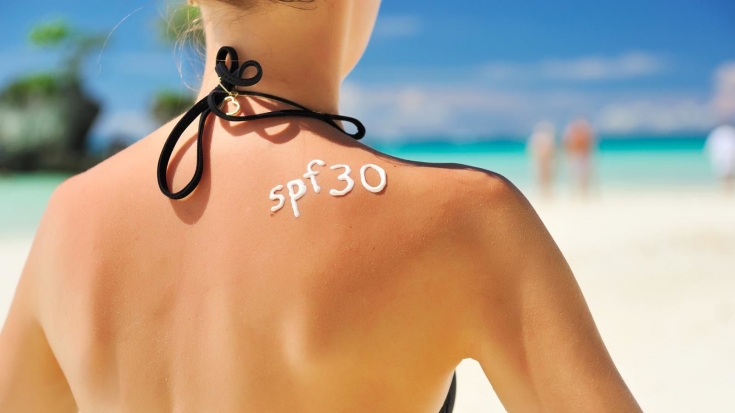Sleet and dullness of the off-season, cold often become an excuse for people to look for an opportunity to go to the hot sun. Questions to the beautician about how to protect the skin from the hot sun on vacation are no longer perceived as something unusual. Moreover, the specialist should especially carefully monitor such a vacation of the patient if she plans to visit a hot country for outdoor activities. Despite the anticipation of beach joys, it is psychologically difficult to switch from winter realities to preparing for a meeting with the intense ultraviolet radiation of the southern sun. estet-portal.com recommends to cosmetologists what to pay attention to the patient before the trip, and what to advise regarding her sunscreen cosmetics in order to avoid post-holiday skin troubles.
What should the cosmetologist check in the patient's sunscreen cosmetics
In order to prevent possible problems with the patient's skin after the active sun – such as withering, photoaging, hyperpigmentation, it is useful for a beautician to look at the composition of the sunscreens she plans to use during her vacation. The fact is that the most commonly used products contain chemical filters – substances such as avobenzone, PABA, etc. They “capture” well ultraviolet, but when it is absorbed, they change their own chemical structure. However, such an unstable filtering agent can turn into a free radical and cause damage to the skin.
Approximately 2 hours after exposure to solar ultraviolet light, sunscreen based on photo-unstable filters turns into a product that can increase skin sensitivity and even contribute to the development of hyperpigmentation.
The cosmetologist is advised to read the label of the products that the patient plans to protect from the sun, and if they contain photo-unstable filters, warn that this product is – only for short use, for a short time in the city (no longer than 2 hours). Then it must be removed, the skin washed and dried, and then applied again.
Another component of sunscreen cosmetics that would be nice to control – These are kernel oils. Unfortunately, their presence in protective equipment – is not uncommon, and manufacturers position such cosmetics as an opportunity to both protect the skin and care for it. However, particles of stone oils (peach, apricot, etc.) in combination with a protective filter based on zinc oxide or titanium dioxide can change the refractive index of sunlight and thus significantly reduce the effectiveness of protection. But mineral oil in a protective agent, on the contrary, will enhance its effectiveness.

What nuances of sunscreen cosmetics should be remembered before traveling to hot countries
When a patient shares plans for an upcoming trip to a region with a hot sun, especially if she is preparing to use at least part of the time for a beach holiday, the beautician should discuss with her some of the rules for safe tanning, which today are considered quite sound from a scientific point of view vision.
1. Do not use sunscreens and cosmetics with a factor of less than 15. They give the impression that measures have been taken to protect against the sun's rays, but in reality they practically do not protect anything.
2. When using protective products with a factor of 50, do not hope that they are super effective and renew them regularly – after bathing, shower. And if the product contains photo-unstable components – then every two hours.
3. Avoid sunscreen if possible. It is rather difficult to apply evenly, but it may well cause an allergic reaction if inhaled.
4. Do not use cosmetics containing retinyl palmitate, glycolic acid or other hydroxy acids while relaxing in the active sun. These ingredients increase the sensitivity of the skin to ultraviolet light, and even sunscreens can be powerless.
5. Do not use stone oils and cosmetics containing them if you are going to go out into the sun. Even after sunscreen is applied over them, particles of such oils can affect light refraction and cause unwanted burns.
Reasonable attitude to being in the sun, proper use of sunscreen will help maintain a good mood during the holidays and avoid post-holiday skin troubles.
Read also: Winter sun protection: is spf cream really necessary







Add a comment